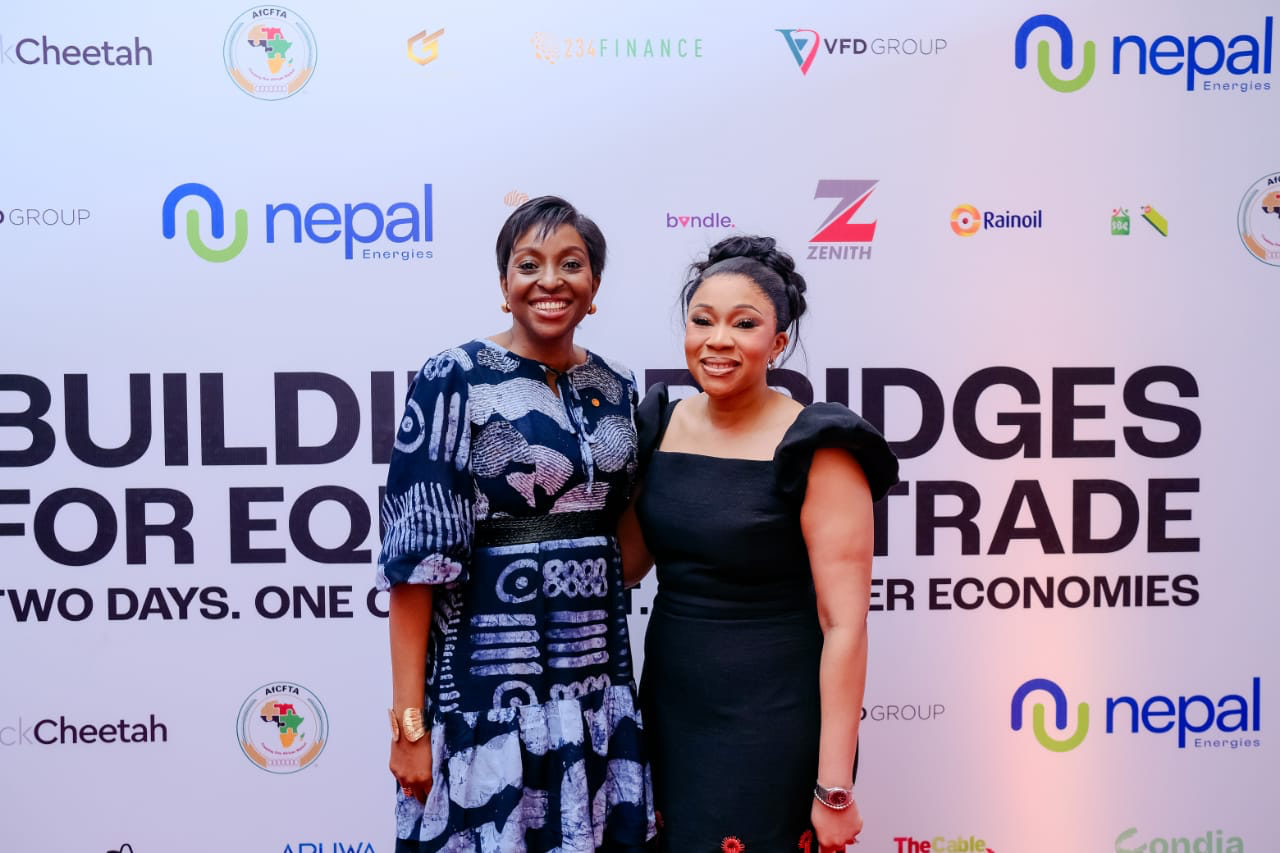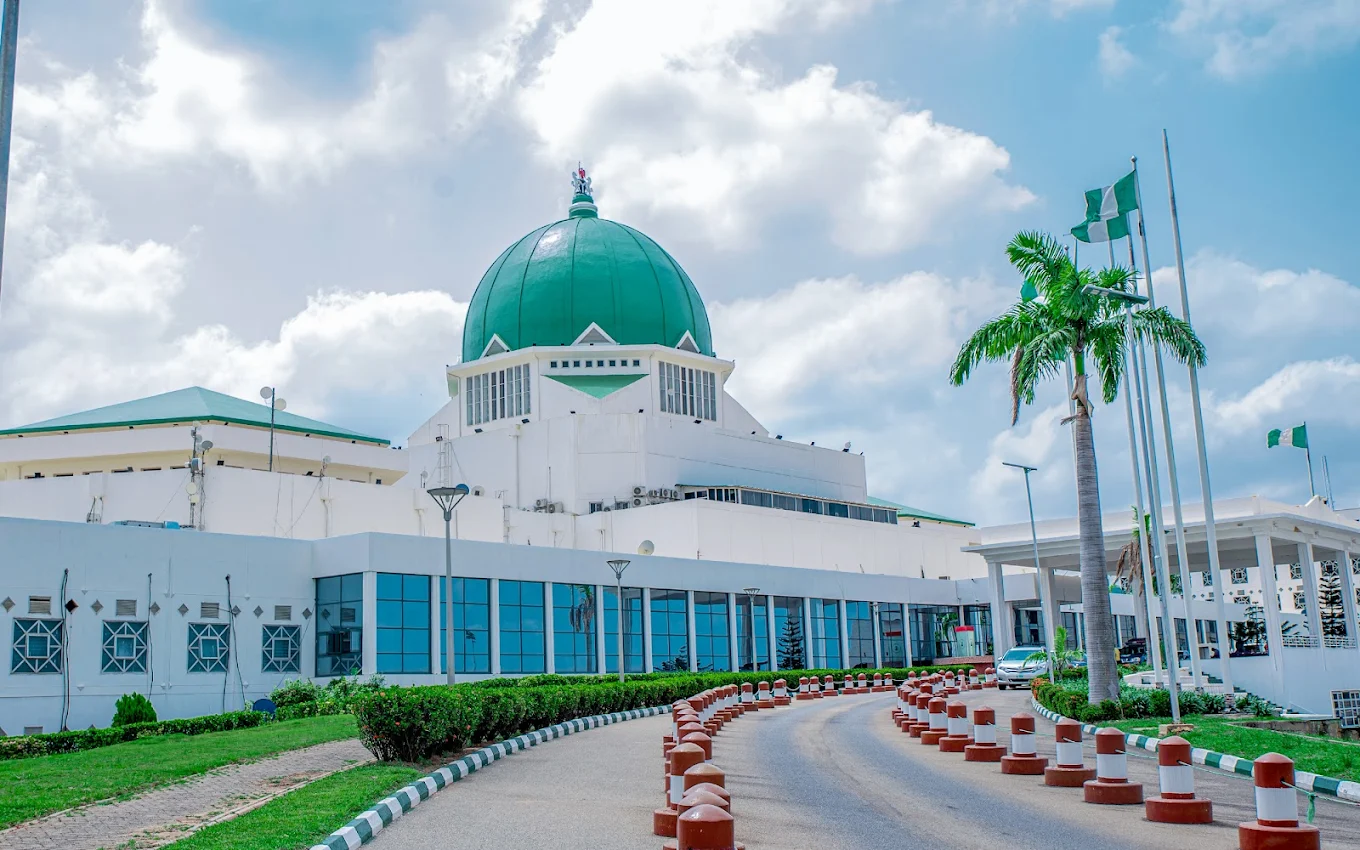Feyi Fawehinmi’s the King of F.O.O.D is that rare piece of analysis that cuts through Nigeria’s economic mythology to expose uncomfortable truths. It examines how the country systematically conflates commercial success with industrial progress, and how state policy consistently serves the interests of concentrated private entities at national expense.
Five critical lessons emerge.
1. Traders cannot build industries
Fawehinmi opens with President Obasanjo’s cement strategy: wanting to reduce imports, he turned to Aliko Dangote, then a cement trader. The error was categorical. Traders optimise margins by buying low and selling high. Manufacturers master technology, drive efficiency, and compete on cost.
These are fundamentally different enterprises requiring fundamentally different mindsets. Nigeria’s decision to prioritise empowering traders over engineers has resulted in billionaires without industrial capacity. Countries serious about industrialisation back producers, not middlemen.
2. Pricing power masquerades as productivity
Revenues and profits surge whilst sales volumes stagnate, driven entirely by price increases, not innovation or efficiency gains. This is rent extraction, not industrial progress. Genuine productivity means producing more or better goods at lower cost. Pricing power simply transfers wealth from consumers to shareholders.
Nigerian industrial policy rewards the latter whilst calling it the former.
3. Permanent protectionism breeds permanent inefficiency
The 15 per cent import duty on petrol and diesel makes the logic explicit: raise the cost of imports so Dangote Refinery can compete. The government is manufacturing competitiveness through tariff walls rather than demanding it through performance. Temporary protection can nurture infant industries. Permanent protection entrenches mediocrity.
Nigeria is choosing the latter before the refinery has even demonstrated basic viability.
4. Socialising costs, privatising profits
Fawehinmi catalogues the state support: subsidised land, preferential foreign exchange, coordinated bank financing, NNPC equity stake, tax exemptions, relaxed environmental standards, and guaranteed naira-denominated crude supply. Despite this comprehensive underwriting, Dangote’s petrol still costs more than imports. If a project built on this foundation of public resources cannot achieve price competitiveness, what precisely is being purchased?
When institutions systematically tilt policy to guarantee private margins, national interest becomes indistinguishable from personal enrichment.
5. Real industrial power requires global discipline
India’s Jamnagar refinery provides the counterfactual. After Reliance Industries commissioned the plant in 1999, the Indian government reduced fuel import tariffs and dismantled price guarantees. Reliance not only survived—within three years, it became India’s largest petroleum exporter, outselling all public sector refineries combined. Competitive pricing and efficiency drove success, not protection.
Fawehinmi’s argument is ultimately about mindset, not just economics. Nigeria persistently mistakes margin for mastery, protection for progress. When industrial policy focuses on guaranteeing one entity’s profits rather than building national productive capacity, citizens cease to be stakeholders and become revenue sources.
The conclusion is neither subtle nor debatable: until Nigeria rewards competence, transparency, and actual competitiveness over connected commerce, its economic trajectory will continue to enrich a handful while impoverishing development itself.
Opeyemi Ogunwale is a financial consultant based in Abuja.






